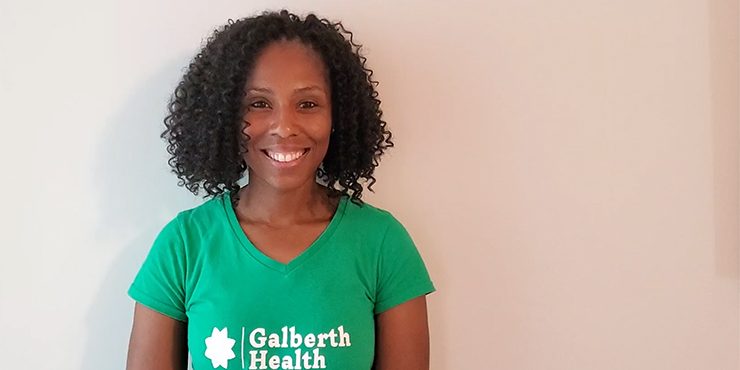Medication Management
by Latoya Galberth
Recently at Galberth Health we’ve had an influx of occupational therapy inquiries from caregivers and family members wanting to know how to increase medication compliance for their loved one. We know that managing medication, and doing so accurately, is just as important as maintaining a proper diet and exercise regimen. So exactly how does this work for seniors with advancing memory loss or other cognitive impairments?
Why am I taking these again? It’s hard to comply with something you don’t quite understand. Often times we take on the role of “We-know-best” without considering how this lack of information could persuade your loved one to dismiss its significance altogether. If we try to at least simplify and explain the importance of taking certain medications we may find that it provides a bit of clarity and thus follow-through. We incorporate things into our diets not because they’re always good to us but because they’re good for us. We also have to work harder in ensuring that this message gets across in a way that doesn’t diminish that person’s dignity (ie. “Just take this”). If appropriate, explain the heart health or pain management benefits of the medication so that they are more agreeable and thus more likely to incorporate this into their daily routine.
Alarmed and Ready. Alarms certainly have their place in our day-to-day lives from meal prep to meetings. As you can conclude, auditory reminders to ensure that our loved ones are taking their medication is no different. These reminders can range in sound and overall complexity depending on the needs of your loved one. Having both an auditory and visual alarm limits confusion and addresses other impairments that one may have related to aging. Smartphones are becoming more and more accessible, and user friendly, so adapting these with a text message can also aide in compliance. Also consider the use of home automation systems such as the Amazon Echo. In this instance you could simply ask ‘Alexa’ to set a daily reminder for mom to take her medicine.
Time and Place. Where’s a great place to leave medicine that should be consumed nightly before bed? One option is by one’s bed or night-stand as a reminder. Proximity is a good measure to use to when it comes to forgetfulness and item-task association. Medicines that are consumed during the day should be placed in a conspicuous area for more visibility or perhaps near the pantry or refrigerator if it should be consumed with food.
Oh, I see! Visual aides are our friends in so many ways. Labeling not only serves as a great reminder but ensures accuracy as well. Create a board on the refrigerator (dry-erase) that gives a simplified version of what needs to be accomplished during that day while also adding medication reminders to that list. If this feels too elementary for your loved one leave a ‘love note’ on a meal that you’ve already prepared with a sweet ‘P.S’ pill reminder at the end.
Pharmacist One-on-One. Your local pharmacist and physician can also provide great insight into remedies that can help increase compliance. There are now pill packs that will provide you with the exact medication/pills needed during a certain time of day. This way you are not fiddling around with pill bottles and their instructions of “take every 2 hours,’’ “take with meals 2x a day,” or “take when needed.” This can certainly be quite confusing for someone with memory loss.
Also, consider the doctor’s input on a different means of administration. Should we now consider a Lidocaine patch for pain? Should these pills be crushed since they are becoming more difficult to swallow? Be sure to check in with your physician routinely to address medication that may no longer be needed or should be altered in some way to ensure compliance.
Good health is no longer exclusive of merely diet and exercise but other pertinent variables that are vital in preventing an unwanted decline in pre-existing medical conditions. It’s important that we consider the role that medication management plays in the health of our seniors; particularly those who are experiencing memory loss.
Latoya Galberth, MS, OTR/L, CDP
Galberth Health, LLC
www.galberthhealth.com


